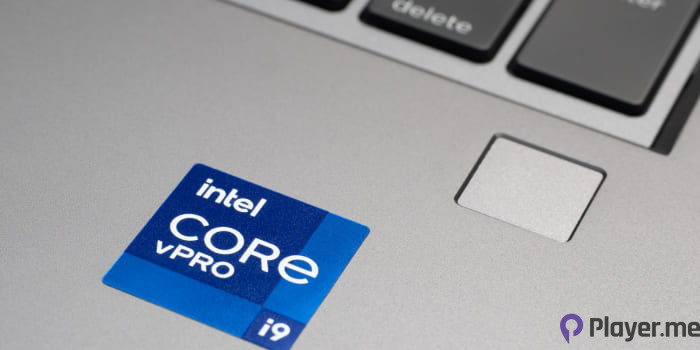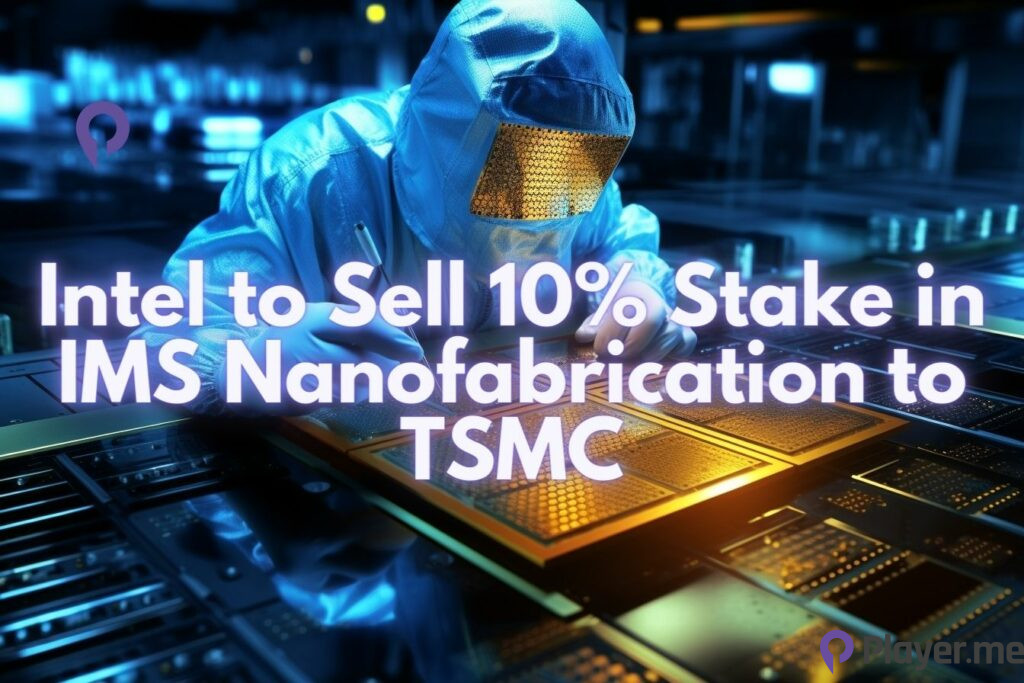In a world where technology is advancing at breakneck speed, the semiconductor industry is at the heart of everything, powering everything from smartphones to supercomputers. At the centre of this whirlwind of innovation is a deal that could reshape the landscape of chip manufacturing.
Intel has decided to sell a 10% stake in Ionen Mikrofabrikations Systeme (IMS) Nanofabrication to Taiwan Semiconductor Manufacturing Company (TSMC). This isn’t just a business transaction. It’s a strategic manoeuvre with implications that ripple across the tech world.
What does this mean for Intel, a titan in the semiconductor space? How does this elevate TSMC’s role in the global chip market? And what about IMS Nanofabrication, the company at the core of this deal? Buckle up as we delve into the intricacies of this multi-billion-dollar deal and explore its potential to redefine the future of technology.
Also Read: TSMC Warns AI Chip Crunch Will Last Another 18 Months
The Basics of the Deal

Intel is letting go of a 10% stake in IMS Nanofabrication, a subsidiary that has carved a niche in advanced chip manufacturing technologies. The deal places IMS at a staggering valuation of approximately $4.3 billion. But don’t be mistaken, Intel isn’t exiting the scene. The tech giant will retain majority ownership of IMS, and the company will continue to operate independently.
The transaction is slated to close in the last quarter of 2023. The timing of this deal is intriguing, to say the least. Just weeks before this announcement, Intel had sold a 20% stake in IMS to Bain Capital for $860 million at the same $4.3 billion valuation. This raises questions about Intel’s long-term strategy and what these consecutive deals signify for the company’s future.
Also Read: NVIDIA Earnings: Stock Soars as AI Giant Again Smashes Quarterly Expectations
Who Are the Players? – 3 Main Companies
#1. Intel
Intel is more than just a semiconductor company. It’s an institution that has shaped the tech industry for decades. Known for its microprocessors and computing technologies, Intel has been a dominant force, but it’s also a company in transition, looking to adapt to new market realities.
#2. TSMC
On the other side of the table is TSMC, a powerhouse in chip manufacturing. TSMC has been a significant player in the semiconductor space, and this investment in IMS clearly indicates its intent to deepen its technological capabilities. Learn more about how Germany aims to buy a TSMC plant here.
#3. IMS Nanofabrication
IMS Nanofabrication might not be a household name, but it’s a key player within the semiconductor industry. Acquired by Intel in 2015, the Austria-based company specialises in Extreme Ultraviolet Lithography (EUVL), a cutting-edge technology in chip manufacturing.
Why Is This Deal Important?
Strategic Implications for Intel
For Intel, this deal is not just about divesting a stake. It’s a strategic move. By retaining majority ownership while bringing in investment from a key player like TSMC, Intel is positioning itself for a future where collaboration and specialisation will be crucial.
TSMC’s Long-Term Vision
For TSMC, this investment is a long-term play. The company has been a long-term partner of IMS, and this deal strengthens that relationship. It also opens the door for deeper technological collaboration, which could be a game-changer in the highly competitive chip manufacturing space.
A Boost for IMS Nanofabrication
The investment from both Bain Capital and TSMC provides IMS with more than just capital. It gives the company the autonomy and financial backing to push the boundaries of lithography technology. This could set the stage for groundbreaking innovations in chip manufacturing.
The Technology Unveiled

The Role of Multi-Beam Mask Writing Tools
IMS is a pioneer in multi-beam mask writing tools, a pivotal technology in advanced chip manufacturing. These tools are essential for developing EUVL, a technology that sets new chip performance and efficiency standards.
The Future of EUVL Technology
As EUVL becomes increasingly prevalent in semiconductor manufacturing, the demand for sophisticated mask-writing tools is on the rise. IMS is at the forefront of this technological wave, and its leadership in this space makes it a critical player in the industry’s future.
Market Implications

The global semiconductor market is on a trajectory to hit the $1 trillion mark by 2030. This growth is fueled by technological advancements in AI, connectivity, and other emerging fields. IMS’s role in this expansion cannot be overstated, making this deal a significant milestone for the industry.
In a market that’s becoming increasingly competitive, companies are looking for ways to gain an edge. This deal could be a strategic move for all parties involved, setting the stage for a new era of collaboration and innovation in chip manufacturing.
The Global Perspective

In an industry where alliances can make or break a company, this deal signifies a potential shift in global partnerships. It could pave the way for new collaborations extending beyond regional boundaries, impacting the semiconductor industry globally.
The semiconductor industry is not just about technology. It’s also a chessboard for geopolitical manoeuvring. This deal could have implications that extend to trade policies, national security, and the global balance of technological power. Visit https://player.me/category/technology/ to be up to date on the latest technology trends.
Conclusion
The sale of Intel’s 10% stake in IMS Nanofabrication to TSMC is not just a headline. It’s a harbinger of change in the semiconductor industry. This deal can potentially reshape alliances, spur innovation, and set a new course for the future of technology.
As we stand on the cusp of a new decade, this transaction offers a glimpse into the strategic manoeuvres that could define the next era of technological advancement. So, as you ponder the future of tech, keep an eye on this deal — it could very well be the catalyst for the next wave of innovation.
Frequently Asked Questions
Why Is Intel Selling a Stake in IMS Nanofabrication?
Intel’s decision to sell a stake in IMS is a strategic one. While the company retains majority ownership, bringing in TSMC as an investor allows for greater collaboration and specialisation in the fast-evolving semiconductor industry.
How Does This Deal Benefit TSMC?
For TSMC, investing in IMS Nanofabrication is a long-term strategy to deepen its technological capabilities. It also strengthens TSMC’s existing partnership with IMS, opening doors for future collaborations in advanced chip manufacturing.
What Is IMS Nanofabrication’s Role in the Semiconductor Industry?
IMS specialises in EUVL, a cutting-edge technology that’s crucial for advanced chip manufacturing. Their expertise makes them a key player in the industry, especially as demand for more efficient and smaller chips grows.





